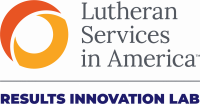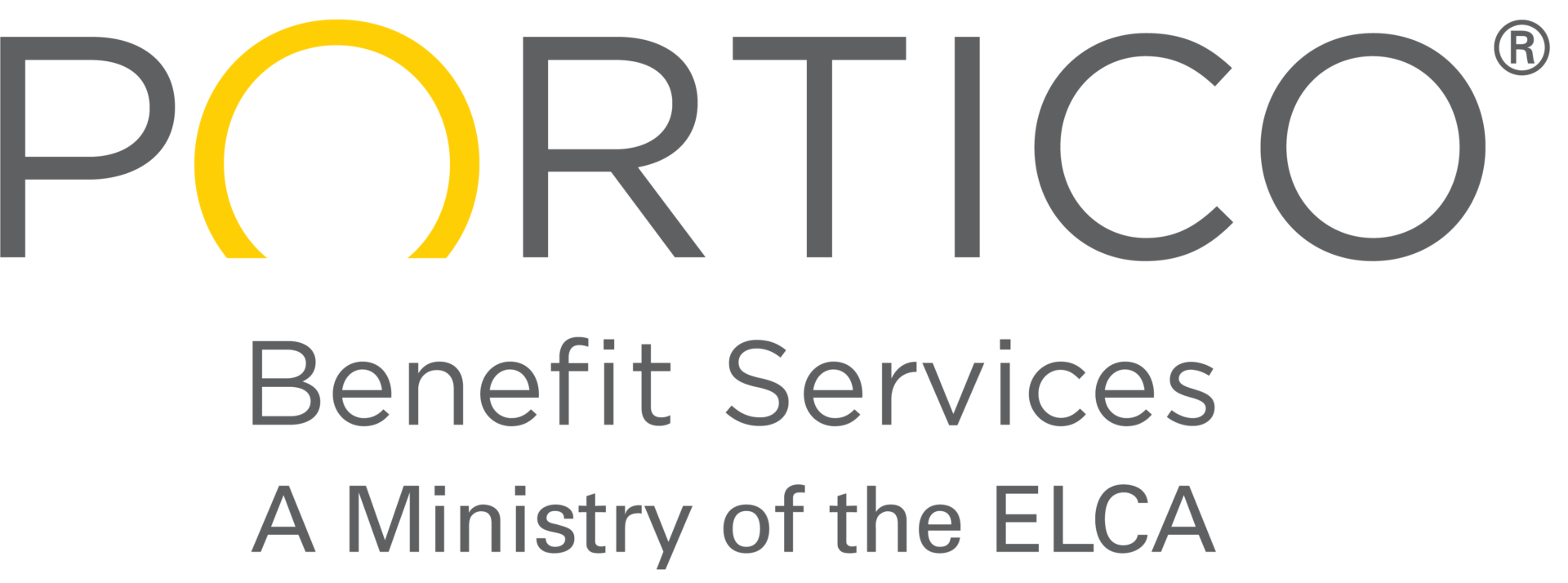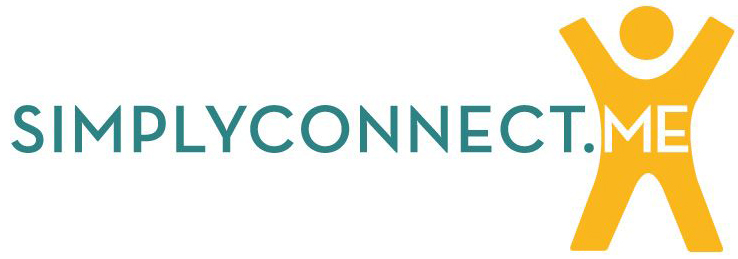
Statistics tied to children and youth in foster care indicate a reality that is painfully clear: the child welfare system is producing disparate outcomes. Barely half of youth in foster care graduate from high school by age 19. Just 3 percent go on to earn a college degree. Many youth who age out of foster care find themselves instantly homeless, and the data consistently indicate worse outcomes for youth of color.
Lutheran Services in America is working to reverse these trends by seeking out new approaches that better fit the reality of the circumstances. Using new strategies grounded in data, our network is seeing tangible results through our Results Innovation Lab that address the deep inequities found in America’s child welfare system that have a disproportional—and significant—effect on people of color and their communities.
The Widening Gap
Analysis of racial disparities in the juvenile justice system paints a stark contrast of outcomes for youth of color. Rebecca Kiesow-Knudsen leads a team at Lutheran Social Services of South Dakota that is hard at work to improve end results for the BIPOC community. “If you are a Native American youth, you are 10 and a half times more likely to be arrested as a juvenile than you are if you’re white,” said Rebecca in an interview with Lutheran Services in America. “For African American youth, they are three and a half times more likely than white youth to be arrested. So, you can see that those disparities really jump out.”
Rebecca knew before joining the Results Innovation Lab that reducing racial disparities within the child welfare system would remain a key focus. “In South Dakota, 23 percent of our juvenile population are non-white, but when you look at actual juvenile arrests, you see that over 53 percent of juvenile arrests are happening for youth of color,” she said. “Our work was designed to help us look internally, but then also look closely within the juvenile justice systems where we operate to see how we can we improve outcomes and reduce existing sizable disparities.”
Examining Data through a New Lens
The practical benefits of the Results Innovation Lab became apparent during the drafting of LSS’s annual outcomes measurement report that covers outcomes from the organization’s services across South Dakota. “We’[d] never disaggregated data by race for all of our programs,” Rebecca said. That changed for the 2021 report where the team disaggregated at least one outcome measure in each service line. “This is an example of how we’re now able to take everything we’ve learned in the Lab and through our work with Lutheran Services in America, and transform how we do our work.”
The group’s participation within the Results Innovation Lab paved the way for evidence-based techniques to reduce re-arrests for black and Native American youths. Last fiscal year, there were “1,100 youth who avoided re-arrest as a result of participating in our programming,” said Rebecca. The Lab, she said, helped ensure LSS staff were on the same page when working toward outcomes for children and families. “We also appreciated how we could look at valuable data and indicators through the Lab that we knew would help us understand more fully any successes we’re having for different populations within our programs and then expand those successes.”
Building Partnerships
The Results Innovation Lab’s collaborative nature extends beyond its cohort meetings. Rebecca believes that the Lab’s greatest value stems from bringing together members of LSS’s staff who focus on juvenile justice to craft solutions together as a team. What’s more, the team is collaborating with other key stakeholders outside of the organization to make a difference.
“We’re taking a high action and high alignment approach internally, and one that’s also working in alignment with our external system partners, such as our State Attorney’s office, the juvenile defender and school resource officers, who are ‘all in,’” she said. “Working in concert with our other external stakeholders and partners to try to help make change happen is critical.”
Eye on the Prize
Ultimately, all parties are laser-focused on achieving one overarching goal: equity. The demonstrations across the country last year led LSS to double its resolve. “The events [in 2020] helped catalyze this work for us,” Rebecca said. “The Results Innovation Lab gave us a set of tools that we can consistently rely on and use.”
Rebecca and her team have measurable goals—goals she believes they can meet. “We’d really like to get to 90 percent of the youth we serve avoiding re-arrest,” she said. That would be an increase from the mid to high 80s.
LSS’s success is a success for the entire Lutheran Services in America network, each member organization working to support and help advance collective knowledge and experience through collaboration. Rebecca’s expertise and exceptional leadership opened the opportunity for her to facilitate learning and coach her peers within the Lab, for which she won a Lutheran Services in America Beacon Award alongside her colleagues Beverly Jones of Lutheran Child and Family Services of Illinois and Amanda Krzykowski of Lutheran Social Services of Wisconsin and Upper Michigan. Rebecca is well respected among her peers and the facilitators in the Lab for her experience working to transform the juvenile justice system in South Dakota, her deep understanding of results work, and her unwavering commitment to youth and families. For Rebecca, the relationships she has made in the process has been a huge highlight of her experience.
“I’ve been able to form really meaningful and deep relationships with other executives and leaders within Lutheran Services in America member organizations. And these relationships are only growing,” she said. “We share a common language, a common approach and a common passion for making a difference for youth and families . . . I applaud Lutheran Services in America for pushing in this direction and sustaining these efforts!”
Learn more about the Results Innovation Lab and the exceptional leaders moving it forward.
By the Lutheran Services in America team













